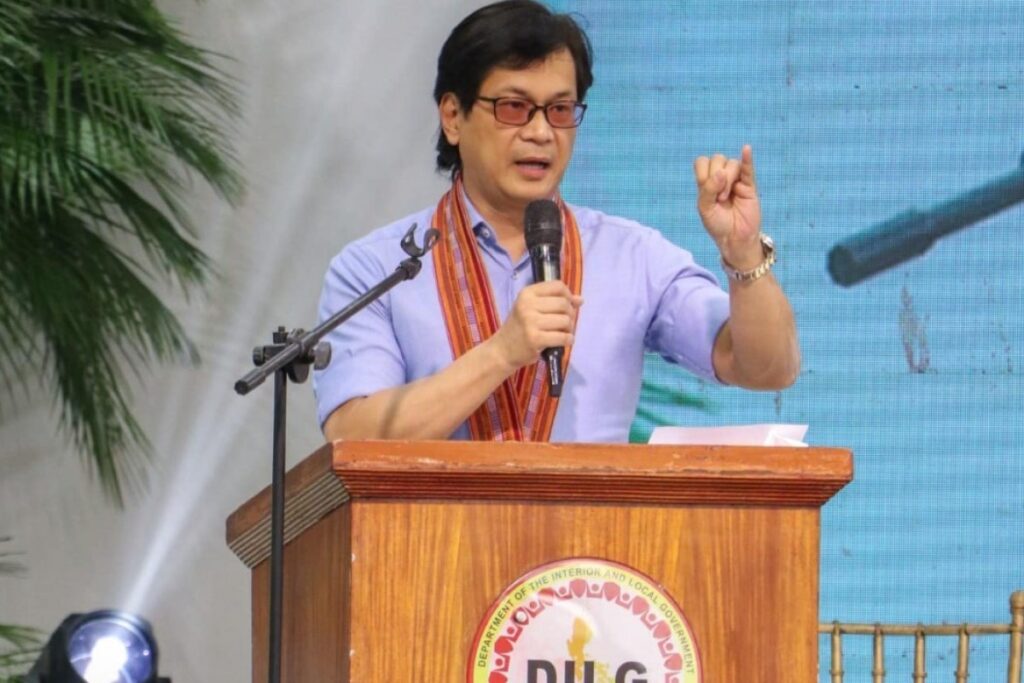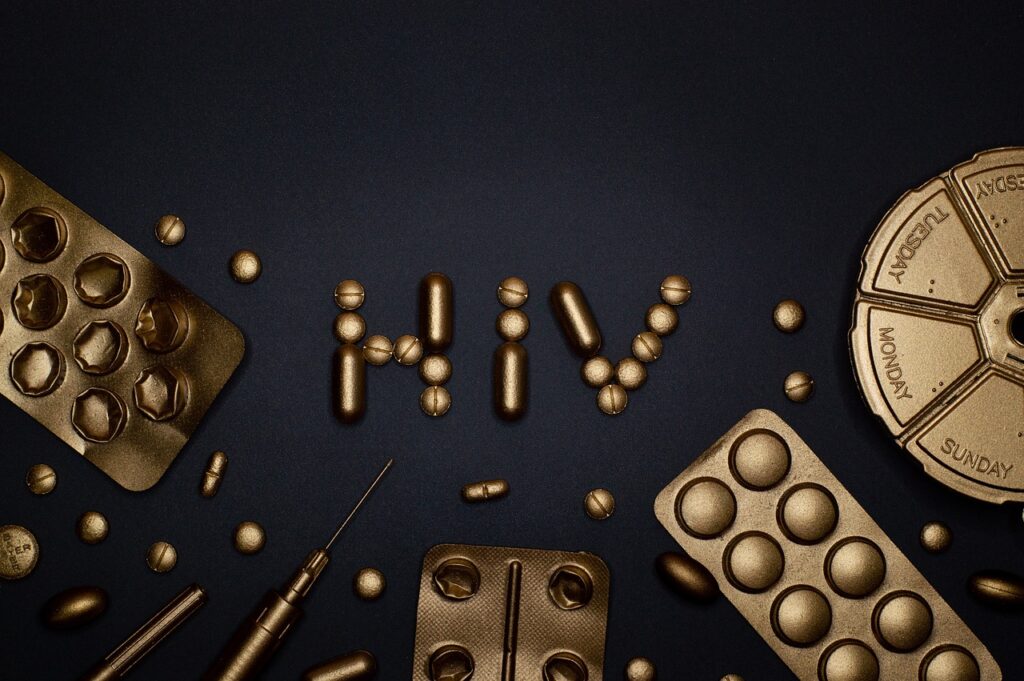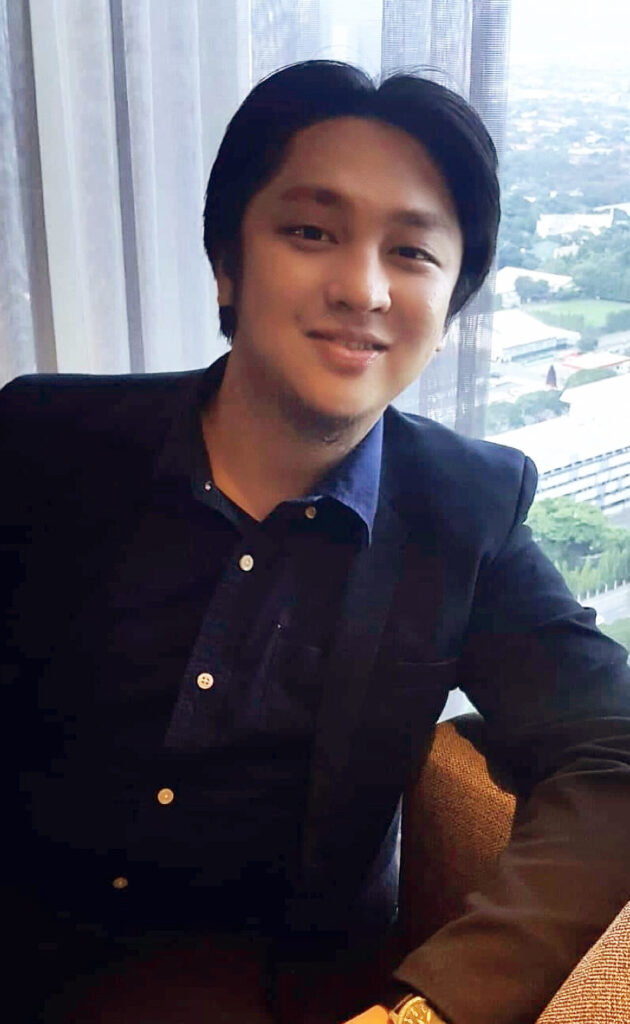
“To the [Filipino] Youth, here is my challenge– take to heart your responsibility as leaders of the next generation,” said the Department of the Interior and Local Government (DILG) Secretary Benhur Abalos as he encouraged the elected Filipino youth officials of “Sangguniang Kabataan” (SK) during the National Youth Convention 2023 in Baguio City, Philippines.
The 1,000 newly-elected SK officials, together with the Philippine Military Academy (PMA) cadets, were asked to take a more central role in finding solutions to the societal ill of the country, including the use of illicit drugs in youth, the spread of HIV/AIDS, and malnutrition in Filipino children.
The DILG chief also advises them to prioritize combat against illicit drugs in each of their Local Youth Development Plans (LYDP). From last year’s Dangerous Drugs Board report, 41% of users were from ages 15 to 19 years old, considering their age during their first drug-use experience. Abalos pointed out that youth leaders can effectively encourage their closer-in-age peers to stay away from illegal drug use.

Another spreading threat to Filipino youth is HIV/AIDS, to which Abalos urged youth leaders to contribute more to local efforts towards related projects. The Department of Health statistics showed that nearly half (47%) of the HIV/AIDS cases reported every day are from youth aged 15 to 24 years.
With 2.7 million families experiencing hunger in the second quarter of 2023, Abalos also reminded the youth leaders about including malnutrition as another priority problem to target in their term as SK officials. Part of the reminders include the aspects surrounding malnutrition, especially in the children affected, including involuntary hunger and stunted growth.
With all of these in mind, the DILG Chief stated, “The [Filipino] youth has the potential to mold the path that our country’s going to take in the next decade and century.”

About the Author
Ron Culvera is the Director of the ASEAN Youth Organization Post (AYOPost). His passion for writing is rooted in his role in their campus journal from the early age of 9 until he graduated high school. Ever since then, he hasn’t stopped writing – he worked as an out-of-school freelance writer, continued on part-time to help him get through his college and post-graduate degree, and worked as an editor and reviewer in several international publications. From here on, he founded his start-up in science communications and digital journalism. When not writing, he plays chess, reads non-fiction, or watches documentaries.